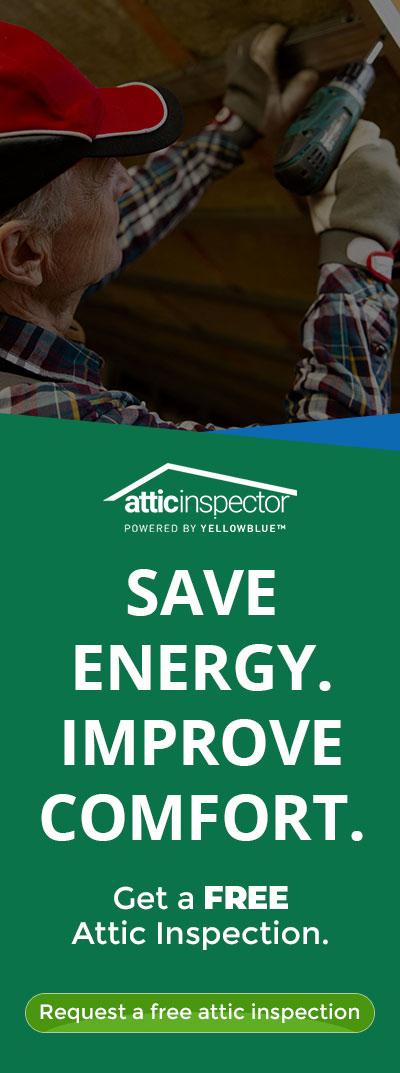It could be anywhere in your office. Maybe it’s written on your weekly planner, or transcribed on a paperweight in your office. Or it could be in a Pinterest folder you occasionally peruse over your lunch hour. It’s a little reminder that backs a powerful productivity punch: just breathe.
Sure, it’s among the most overused cliches, but that doesn’t make it any less true. Your breathing habits impact your brain in more ways than most of us realize.
Forbes reports proper breathing techniques throughout the work day helps manage stress and reduce anxiety while simultaneously lowering blood pressure and heart rate.
All of this can lead to a more productive day on your part, but not necessarily if the air you’re breathing is polluted. And chances are, it is.
It’s the last place you might imagine you’d have to protect yourself. But what you can’t see inside your office could be more dangerous than you think.
There is an entire division of the Environmental Protection Agency solely committed to providing U.S. citizens with information on how indoor air pollutants could be putting you at risk and resources for what you can do about it.
The EPA outlines building materials that contain asbestos, newly installed flooring, upholstery or carpet and cabinetry or furniture made of certain pressed wood products as areas for concern. Other common pollutants include mold and mildew, radon and carbon dioxide and even dust.
How does air pollution affect productivity at work?
In association with Syracuse University, Harvard recently released a study to support that the air quality of conventional office environments can have a significant impact on thinking, health and productivity.
The study focused on indoor air quality, testing employees under two different working conditions. One was considered conventional, while the second provided improved ventilation and reduced levels of carbon dioxide and emissions.
Results showed that employees in what the researchers referred to as a simulated “green condition” office setting performed 61 percent better on cognitive tasks. Furthermore, cognitive performance increased 100 percent when ventilation in the area was doubled.
And the positive impact of thinking green in the workplace doesn’t stop there. In 2016 research published by the American Psychological Association, researchers found long-term positive effects on performance and productivity when the office environment was enriched with the presence of plants.
The APA study demonstrated that the presence of plants in the workplace can have a positive impact on mood, and additional studies confirm that employees working in green-certified buildings report fewer headaches, slept better at night and performed 27 percent better on tasks
At a time when corporate wellness initiatives are on the rise, there is evidence in research to support that investments are well spent in improving air quality in the workplace.
How to improve air quality in the workplace
Some of the biggest offenders causing air pollution indoors are things a lot of us wouldn’t even think about. Building materials and furnishings, newly installed flooring, household cleaning products and biological contaminants like viruses and animal dander fall into this category
In the case of indoor air pollutants, a fear of the unknown could be costly for your health. Instead, be proactive in your fight against what you can’t necessarily see by installing a probiotic air purification system.
Systems like RENUAIRE by Yellowblue offer increased protection from indoor irritants by providing effective and long-lasting residual cleaning of inorganic matter in the air and on surfaces.
The natural, chemical-free and environmentally friendly purifier puts environmental probiotics to work to purify the air and hard surfaces through patented technology. Billions of probiotics are intermittently released into the air, consuming organic pollutants like pollens and dust mite waste.
Want more tips for improving indoor air quality?
The reminder to “just breathe” could be anywhere in your workplace, but so could indoor air pollutants that make breathing more taxing than it should be.
A happy, healthy worker is a productive worker so knowing how to address the pollutants you can’t see in the workplace is of utmost priority.
Start small by getting educated on the kinds of air pollutants that could be a threat. From there, use that knowledge to be proactive and protect yourself by using environmentally friendly products like a probiotic air purifier and solar-powered fan.
Contact us for more tips for improving indoor air quality and to speak to an independent authorized Yellowblue dealer near you.




